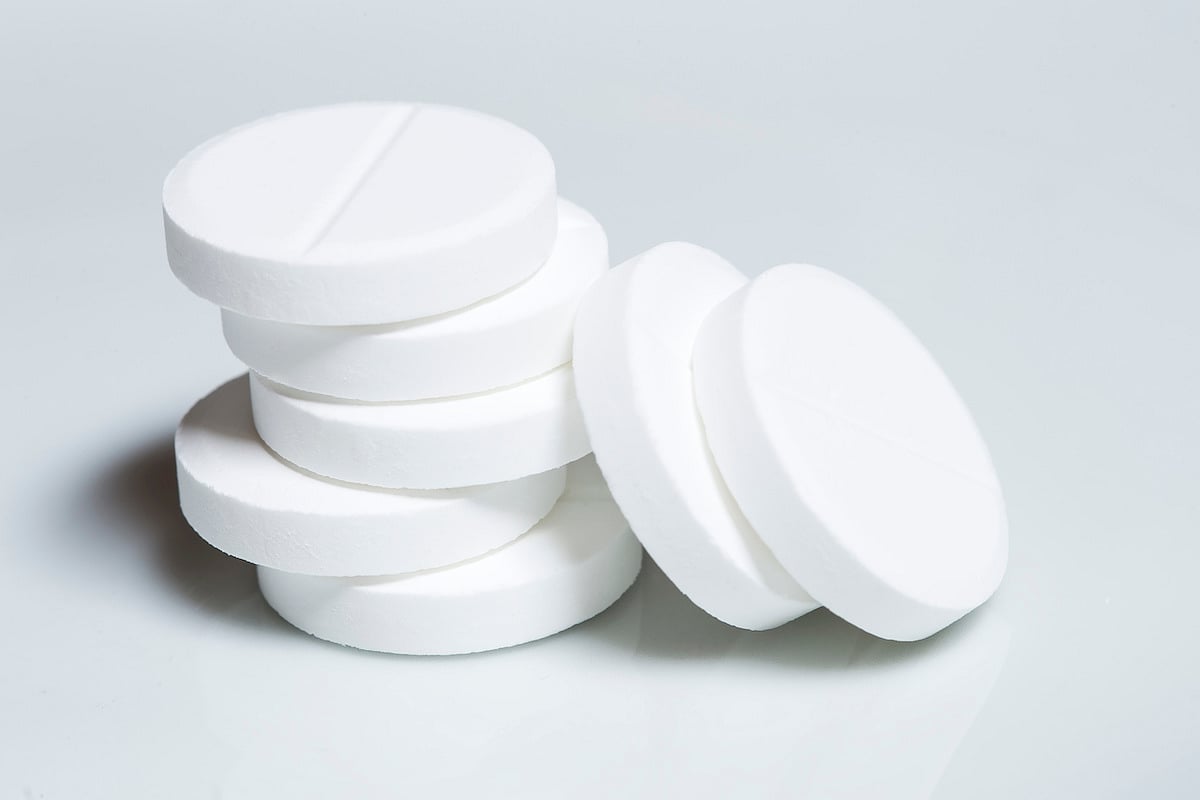TUESDAY, July 11, 2023 (HealthDay News) — For children with attention-deficit/hyperactivity disorder (ADHD), stimulant treatment is not associated with later frequent substance use by adolescents and young adults, according to a study published online July 5 in JAMA Psychiatry.
Brooke S.G. Molina, Ph.D., from the University of Pittsburgh, and colleagues examined the association of ADHD stimulant treatment in childhood with later adolescent or adult substance use using the Multimodal Treatment Study of ADHD, a multisite study initiated at six sites in the United States and one site in Canada. A total of 567 participants were analyzed. The child participants were recruited between 1994 and 1996 (mean age, 8.5 years) and were assessed repeatedly until a mean age of 25 years for heavy drinking, marijuana use, daily cigarette smoking, and other substance use.
The researchers found that after adjustment for developmental trends in substance use and age, there was no evidence that current or prior stimulant treatment or their interaction were associated with substance use. There was no evidence that more years of stimulant treatment or continuous, uninterrupted stimulant treatment were associated with adulthood substance use in marginal structural models adjusting for dynamic confounding by demographic, clinical, and familial factors. Findings were the same with an outcome of substance use disorder.
“Although these results contrast with recent conclusions of protection found in other data sets, across all studies the findings lend a measure of comfort in the consistent lack of evidence that stimulant treatment predisposes children with ADHD to later substance use,” the authors write.
Several authors disclosed ties to the pharmaceutical industry.
Abstract/Full Text (subscription or payment may be required)
Copyright © 2023 HealthDay. All rights reserved.















Create Post
Twitter/X Preview
Logout